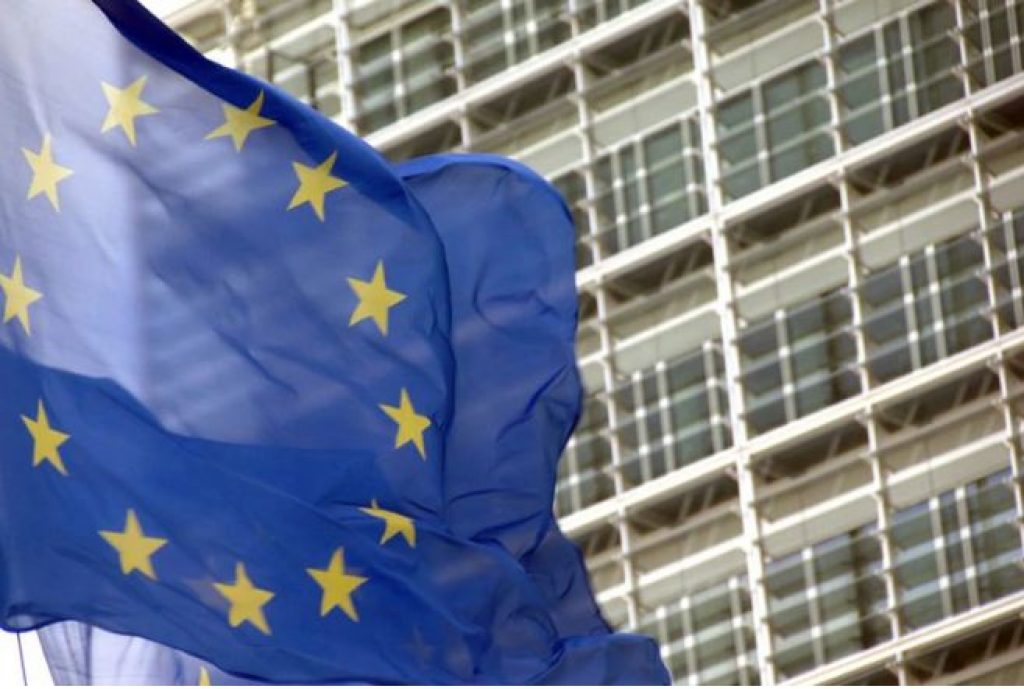Lebanon, Montenegro, North Macedonia and Kosovo complete the list of countries that the Council of the continental bloc removed from its list of safe countries from an epidemiological point of view, although the decision is not binding on member states
The decision of the Council of the European Union (EU) to remove six countries from the list of safe states means that their citizens can no longer travel to the EU for pleasure, but can only do so for essential reasons.
The recommendation of the Council of the EU is not binding on the Member States, But the institution warns that a State should not decide to lift travel restrictions on countries that are not on the list without making a coordinated decision in the Union.
The pandemic seems to be a never ending story. When it seemed that the beginning of the end was beginning with the vaccine, a fourth wave of infections fueled by the contagious Delta variant , has caused hospitals in the United States to once again be full of patients with COVID 19. Intensive therapies are at full throttle and In states like Florida, morgues are starting to run out.
And the European Union has noticed. So now it asks its member countries to reimpose restrictions on non-essential travel between the United States and European countries.
Each country is autonomous to decide how it wants to handle the situation, but so far most of them have followed the union’s recommendations. The restrictions range from a travel ban to the requirement of a negative COVID-19 test to enter, to mandatory quarantines, depending on the country.
Along with the United States, the new restrictions also apply to Israel, Kosovo, Lebanon, Montenegro and North Macedonia.
At the beginning of the pandemic, most European Union member countries canceled non-essential travel with the United States. But last June, after a successful vaccination campaign and at the beginning of the summer, the European Council (the entity dependent on the European Union that makes this type of determination), ruled the end of travel restrictions for 14 countries, including USA.
The point is that the United States did not do the same, and for European citizens it is still difficult to travel to the North American country , a fact that bothered the EU. From the beginning it was said that if Washington did not relax its restrictions, the bloc would re-impose its restrictions in a kind of diplomatic response.
The context made making that decision easy for Europe. With 52 percent of the population fully vaccinated, even in the United States there are more than 80 million people eligible for immunization who have not. This, combined with the Delta variant, and the loosening of rules like wearing masks and social distancing, the numbers skyrocketed.
In some states the situation is even worse. Texas, Louisiana and South Carolina have less than 50 percent of those eligible for the vaccine fully immunized .
Florida continues to be the most affected state in this new wave in the nation, with 75 people for every 100,000 residents hospitalized as a result of the virus , according to information from the federal government and John Hopkins University.
In the four states mentioned, Florida, Louisiana, Texas and North Carolina, there have already been reports of lack of oxygen in hospitals, or intensive therapies working at the top of their capacity. Although there is still the possibility of reinforcements being sent from other states, with the passage of Hurricane Ida , transportation will be complicated for the entire south of the country, adding an extra layer of complication to the already serious situation.
